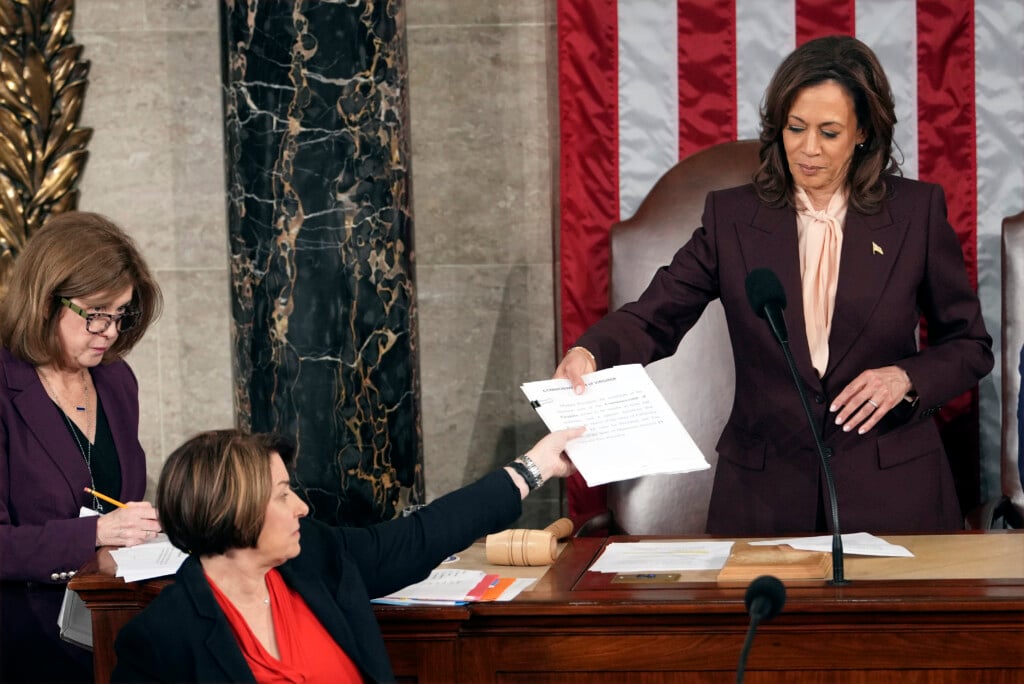Republicans take U.S. Senate majority for first time in four years
Republicans have won control of the U.S. Senate after flipping Democratic held seats, holding onto GOP incumbents and wresting away the majority for the first time in four years.
The unexpected battleground of Nebraska pushed Republicans over the top. Incumbent GOP Sen. Deb Fischer brushed back a surprisingly strong challenge from independent newcomer Dan Osborn.
Democrats watched their efforts to salvage their slim majority slip out of reach as tallies rolled in across a map that favored Republicans.
Early in the night, Republicans flipped one seat in West Virginia, with the election of Jim Justice, who easily replaced retiring Sen. Joe Manchin.
Democratic efforts to oust Republicans Ted Cruz of Texas and Rick Scott of Florida collapsed.
While Texas hasn’t elected a Democrat statewide in almost 30 years, Colin Allred, a Dallas-area congressman and former NFL linebacker, positioned himself as a moderate and leaned into his support for reproductive rights amid Texas’ abortion ban, which is one of the strictest in the nation.
Cruz’s victory came after Democratic efforts to salvage their Senate majority evaporated when Democratic Sen. Sherrod Brown in Ohio lost his reelection to Republican Bernie Moreno, a wealthy Trump-era newcomer.
Brown’s loss to Moreno, an immigrant from Bogota, Colombia, who built a fortune as a luxury car dealer and blockchain entrepreneur, puts the Democrats on the edge of losing Senate control. A three-term senator, he is the first incumbent to lose reelection.
The Ohio race between Brown and Moreno, who was backed by Donald Trump, is the most expensive of the cycle, at some $400 million.
In the end, just a handful of seats, or as little as one, could tip the balance in either chamber. With a 50-50 Senate, the party in the White House determines the majority, since the vice president is a tie-breaker.
Already several states will send history-makers to the Senate.
Voters elected two Black women to the Senate, Democrat Lisa Blunt Rochester of Delaware and Democrat Angela Alsobrooks of Maryland, in a historic first.
Blunt Rochester won the open seat in her state while Alsobrooks defeated Maryland’s popular former governor, Larry Hogan. Just three Black women have served in the Senate, and never before have two served at the same time.
And in New Jersey, Andy Kim became the first Korean American elected to the Senate, defeating Republican businessman Curtis Bashaw. The seat opened when Bob Menendez resigned this year after his federal conviction on bribery charges.
The key contests are playing out alongside the first presidential election since the Jan. 6, 2021, attack on the Capitol, but also in unexpected corners of the country after what has been one of the most chaotic congressional sessions in modern times.
Voters said the economy and immigration were the top issues facing the country, but the future of democracy was also a leading motivator for many Americans casting ballots in the presidential election.
(Copyright 2024 The Associated Press. All rights reserved. This material may not be published, broadcast, rewritten or redistributed.)







